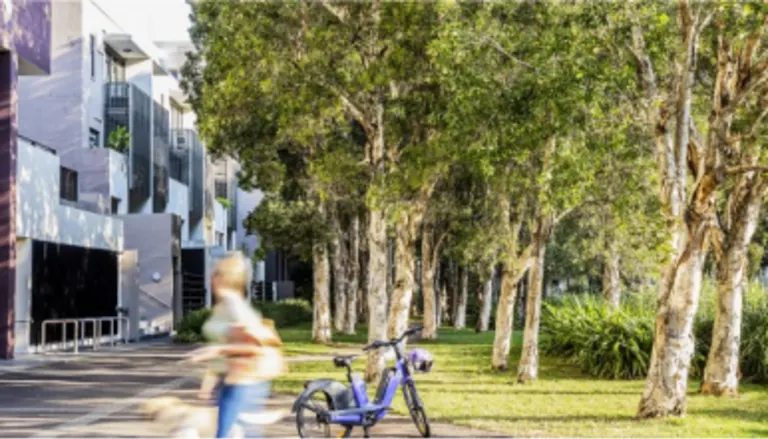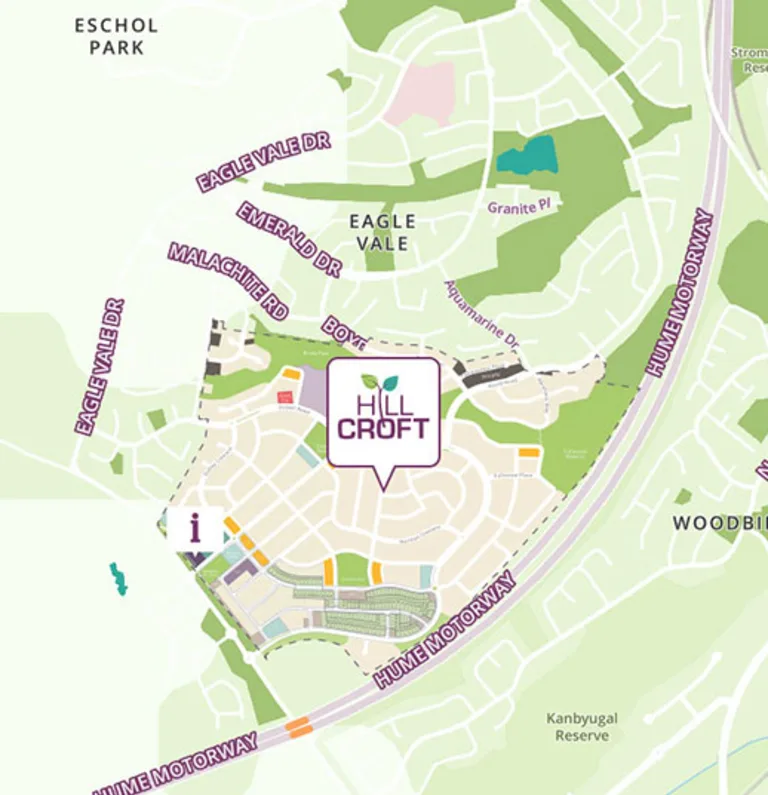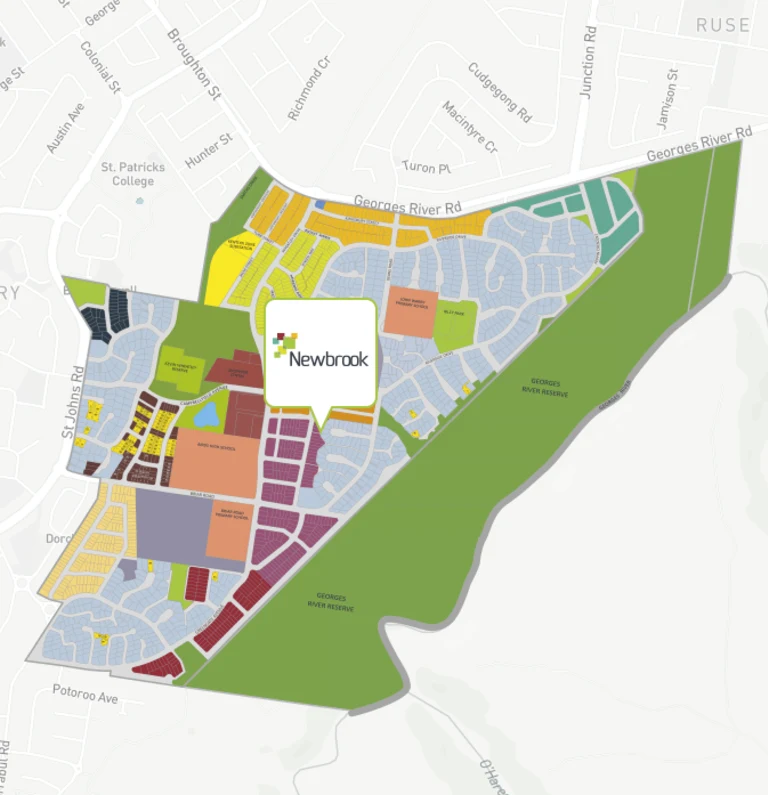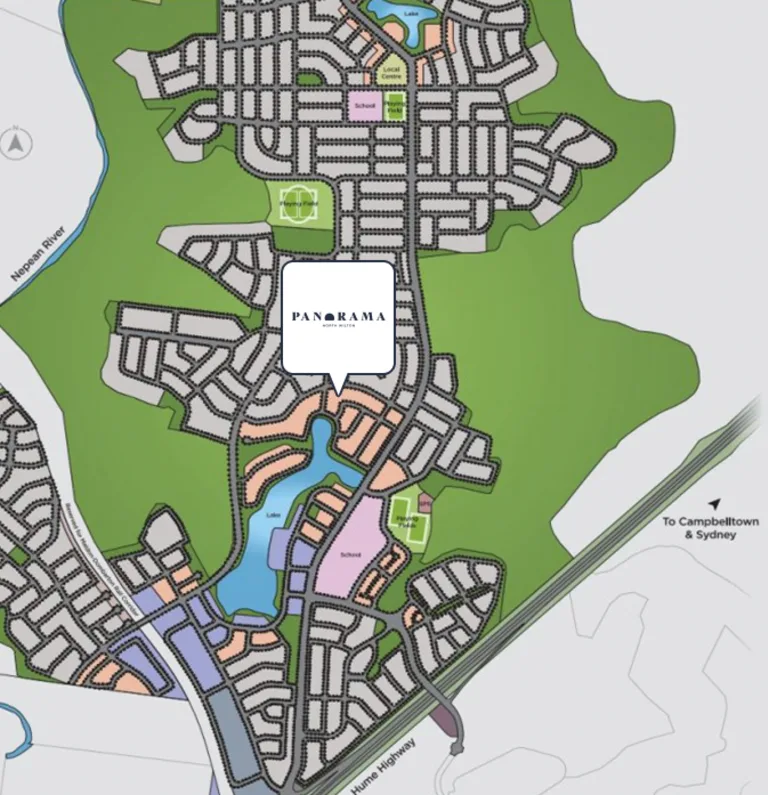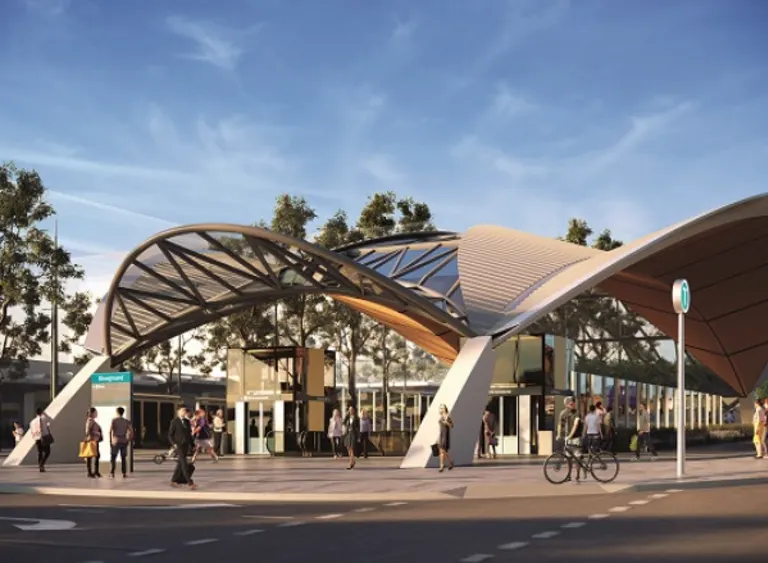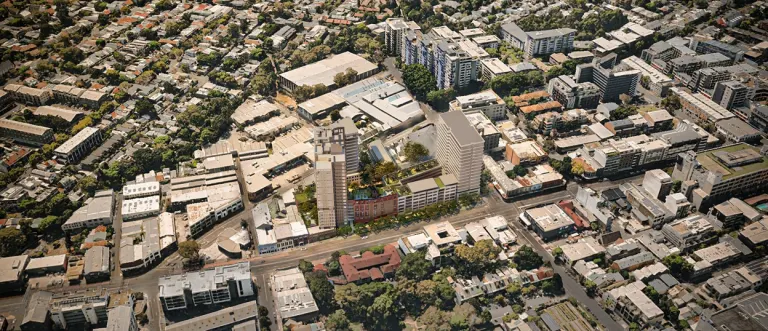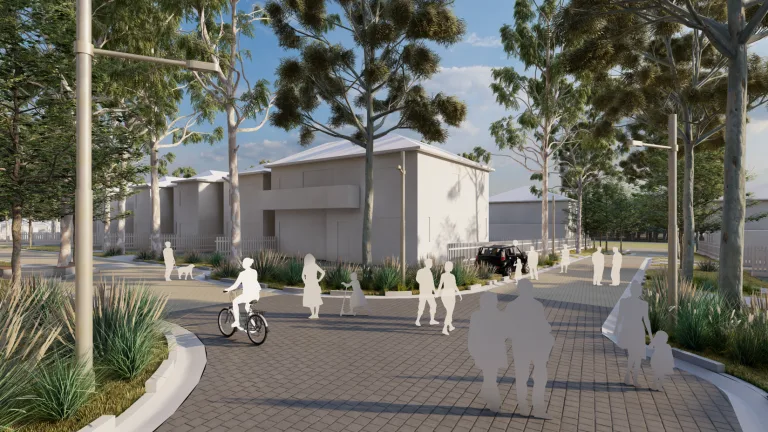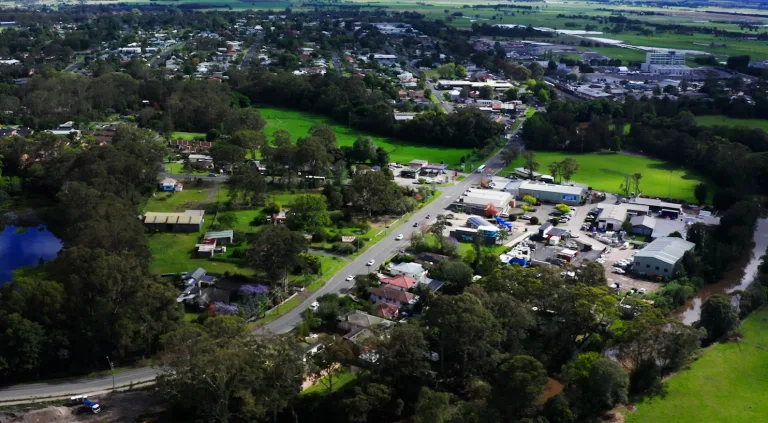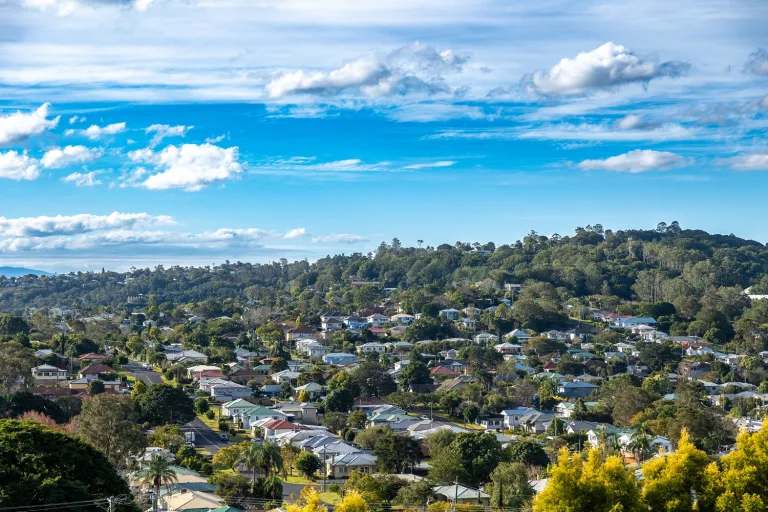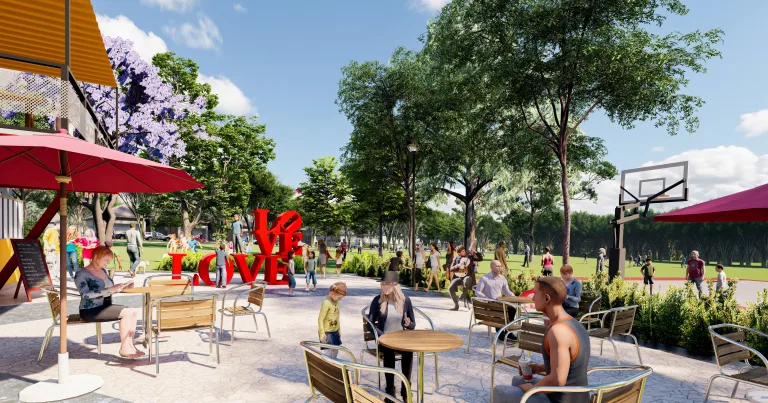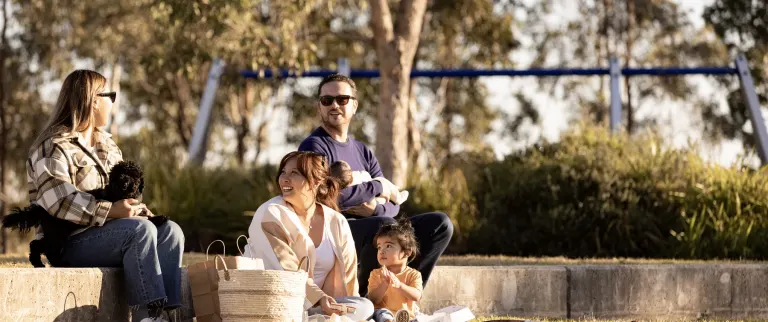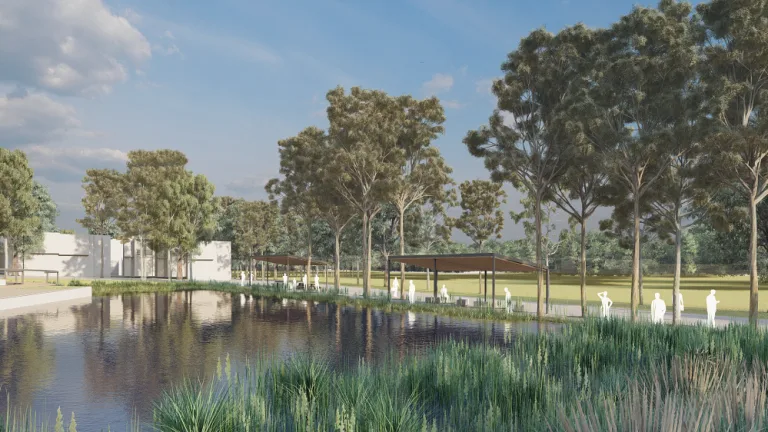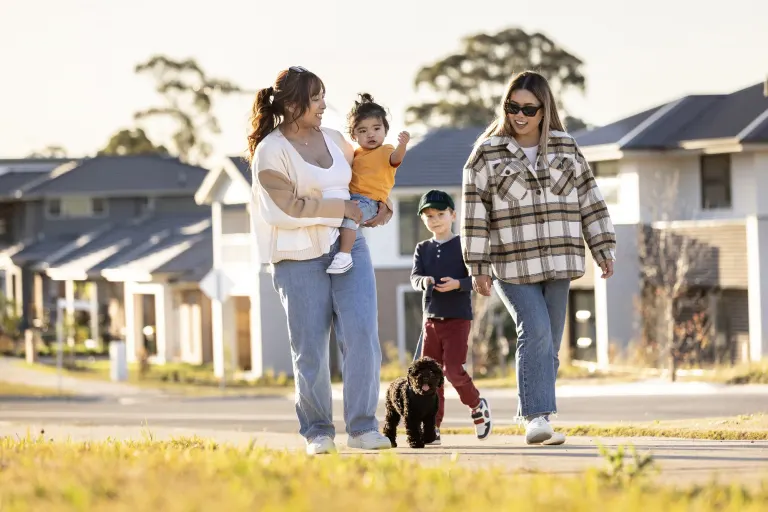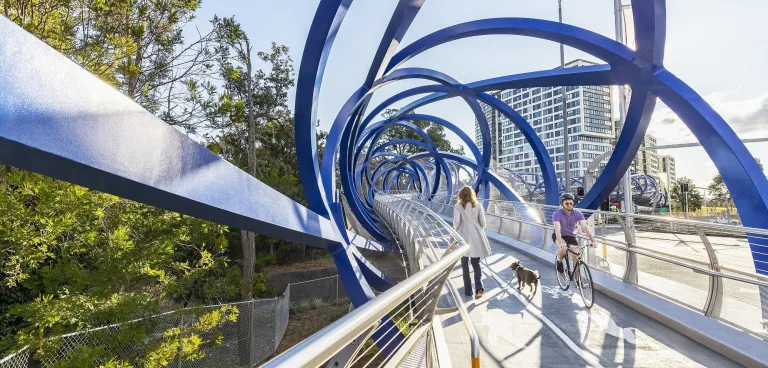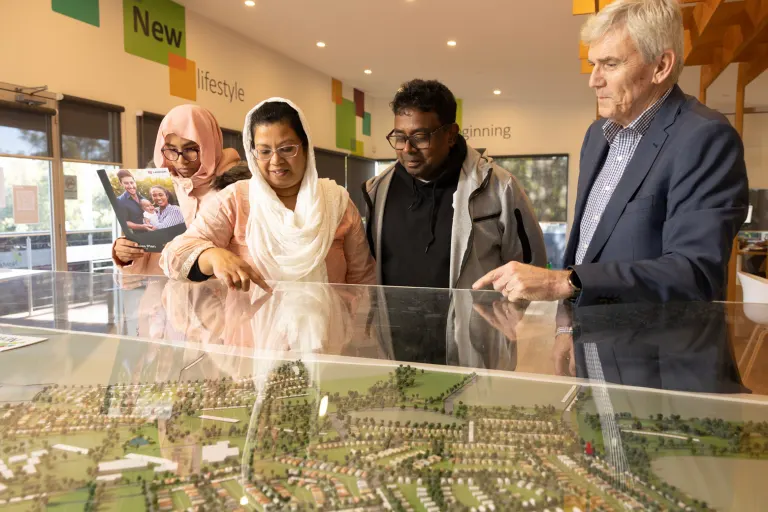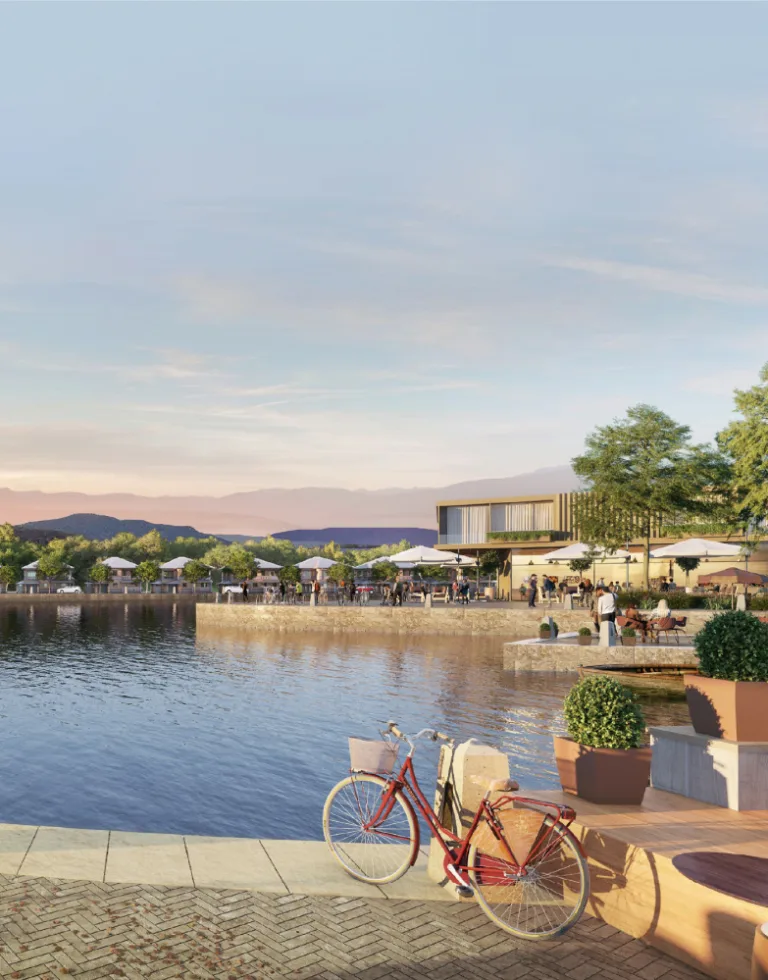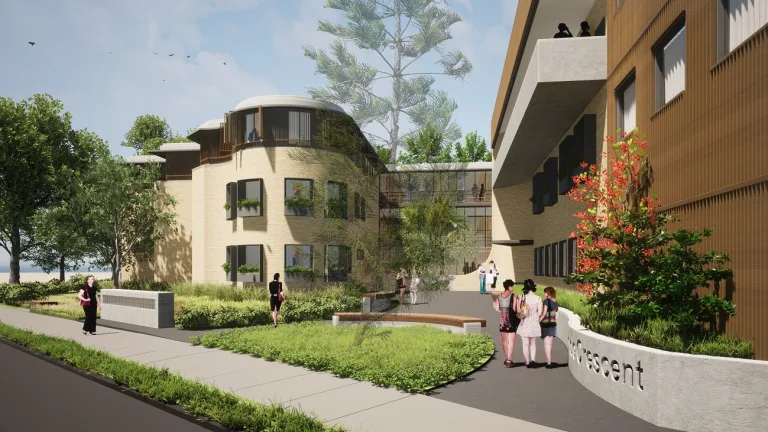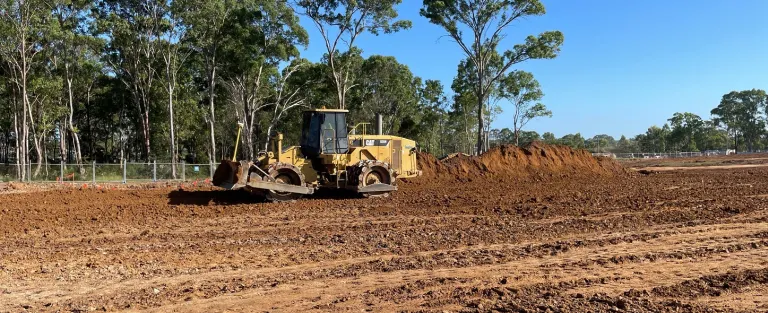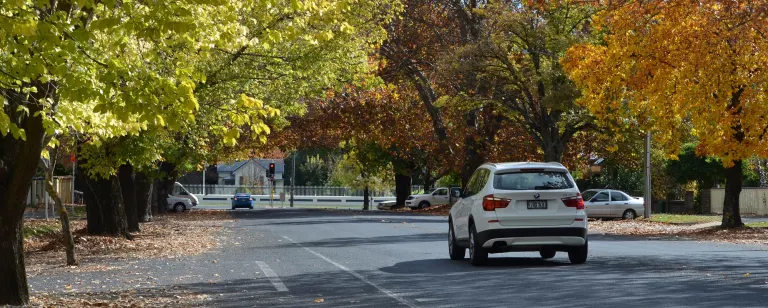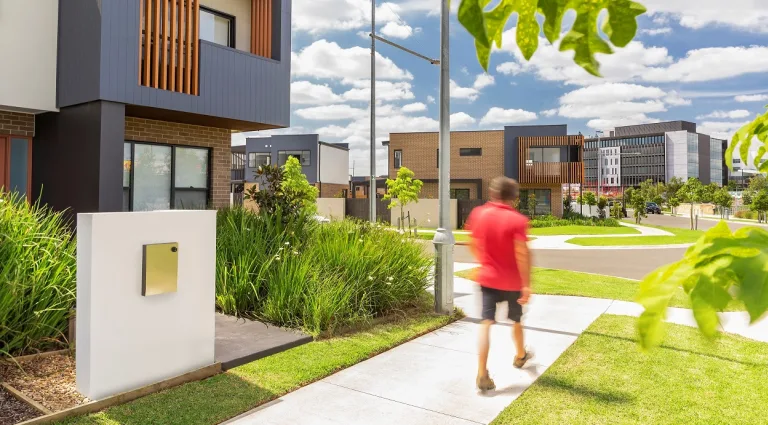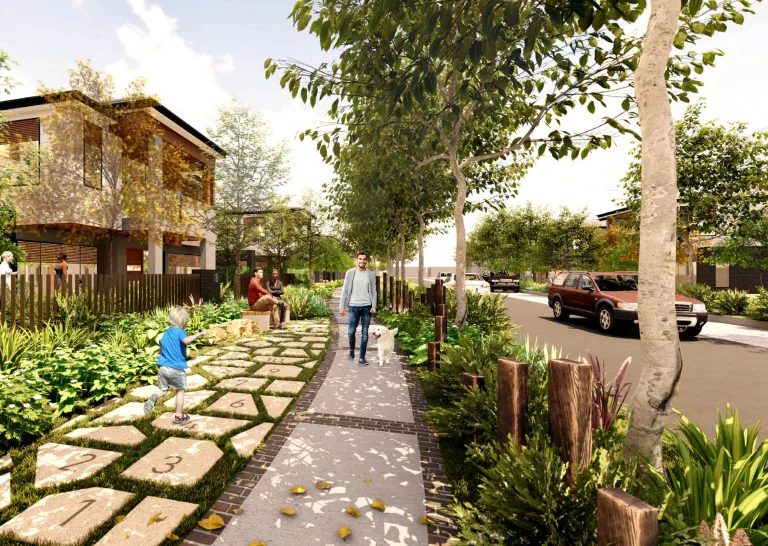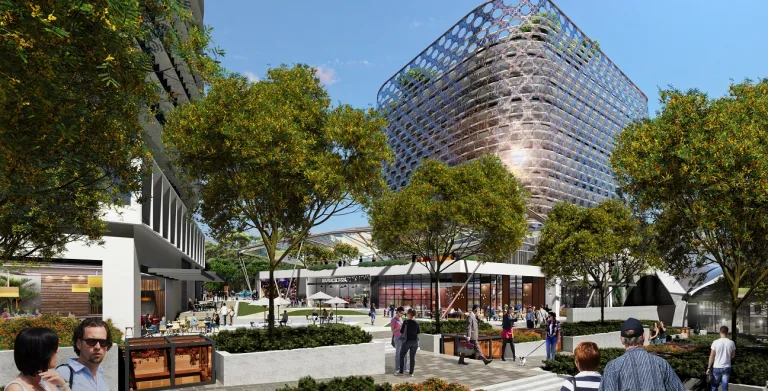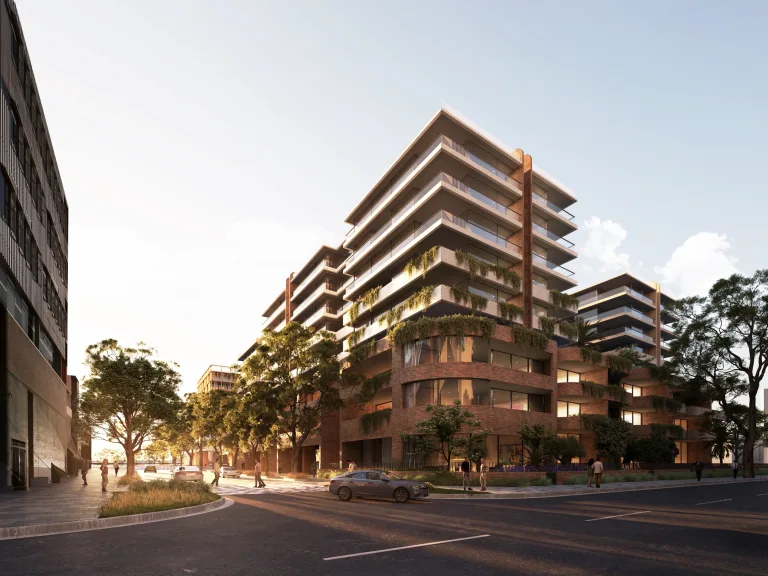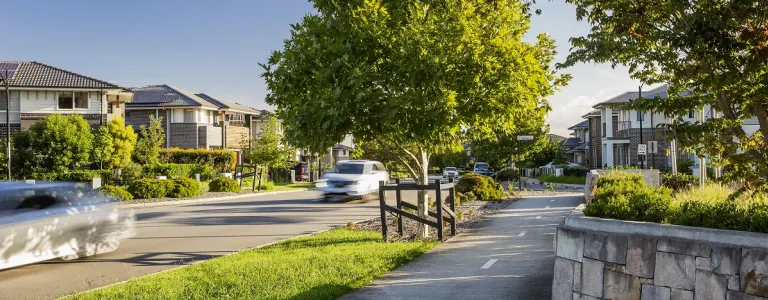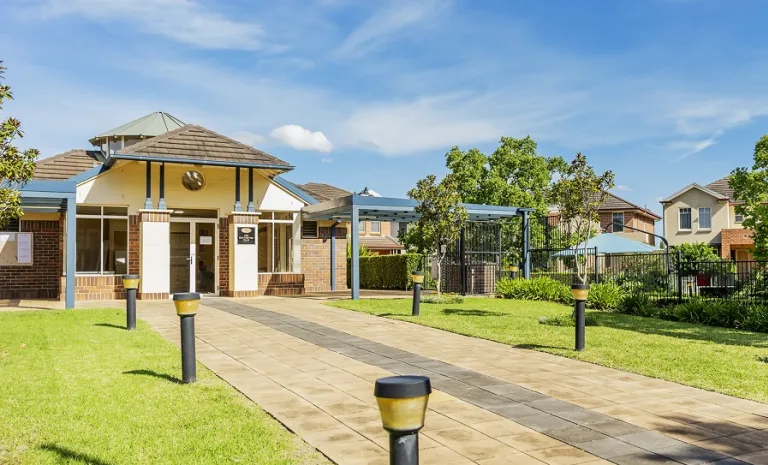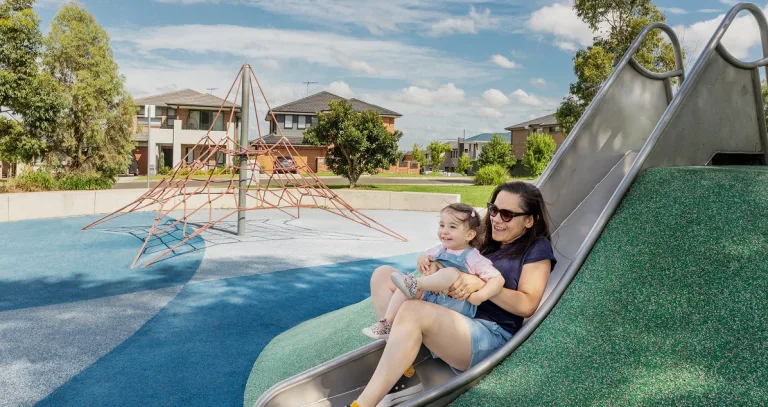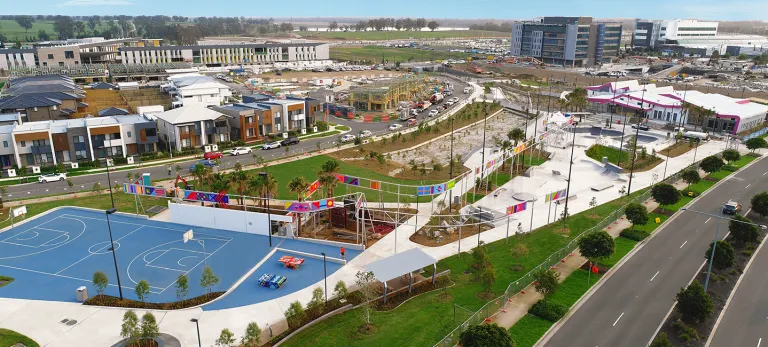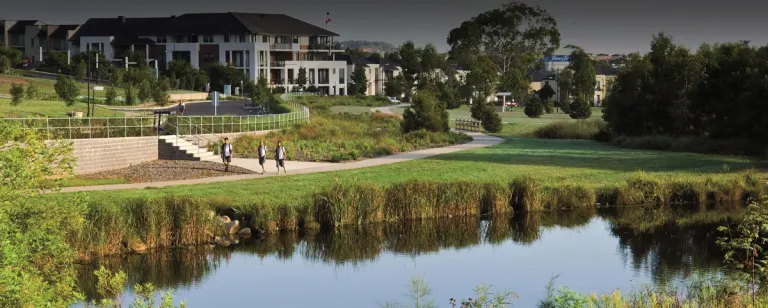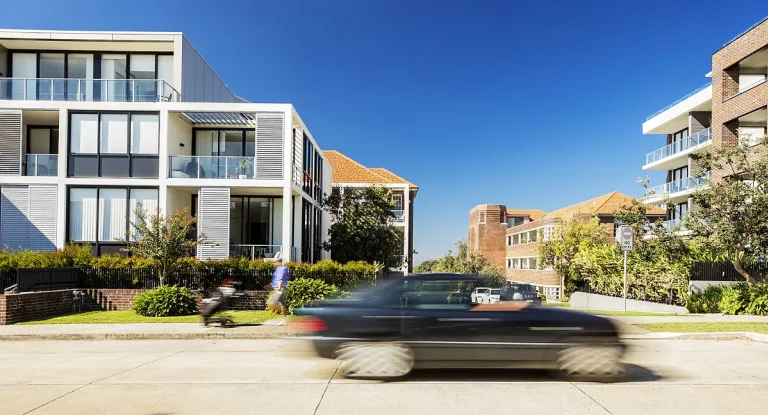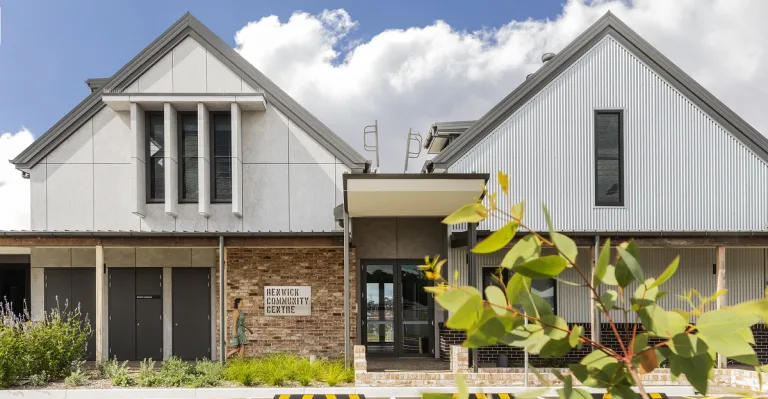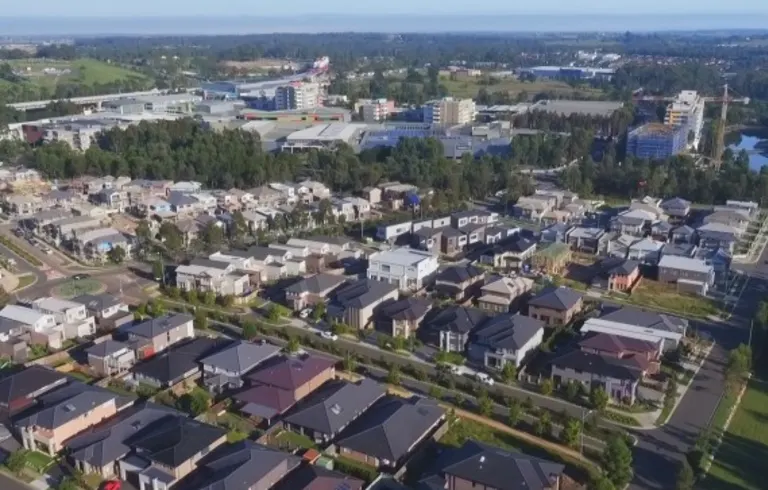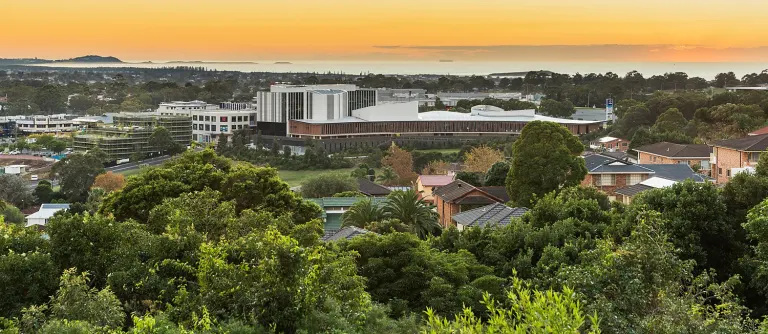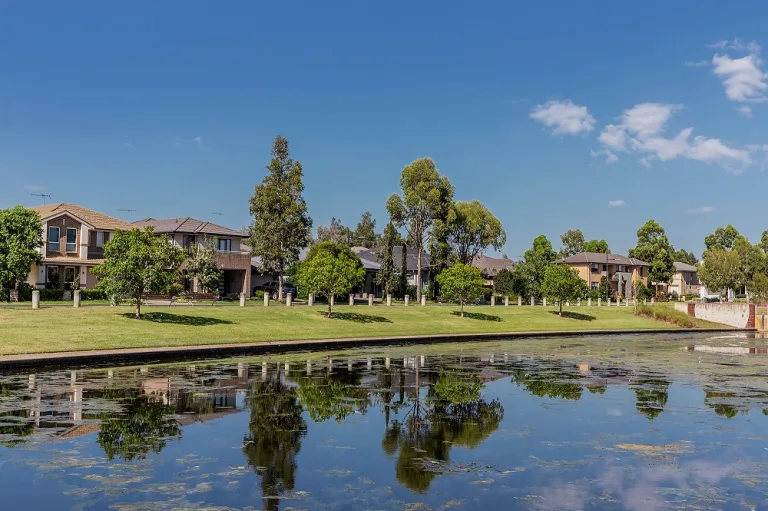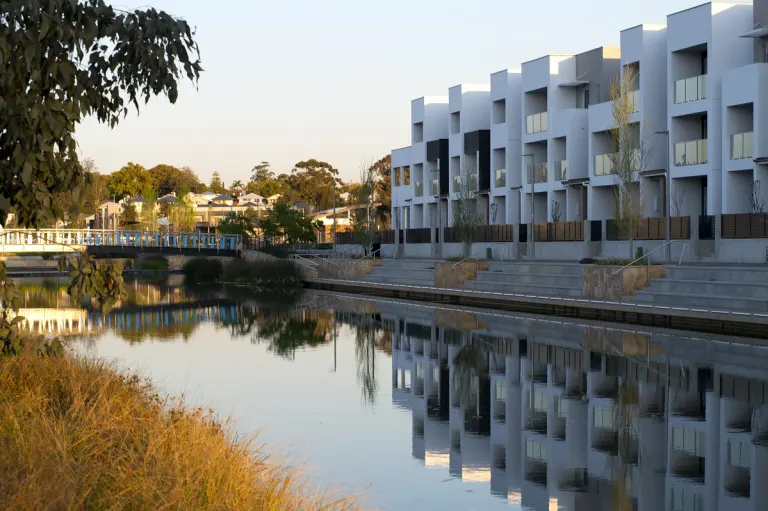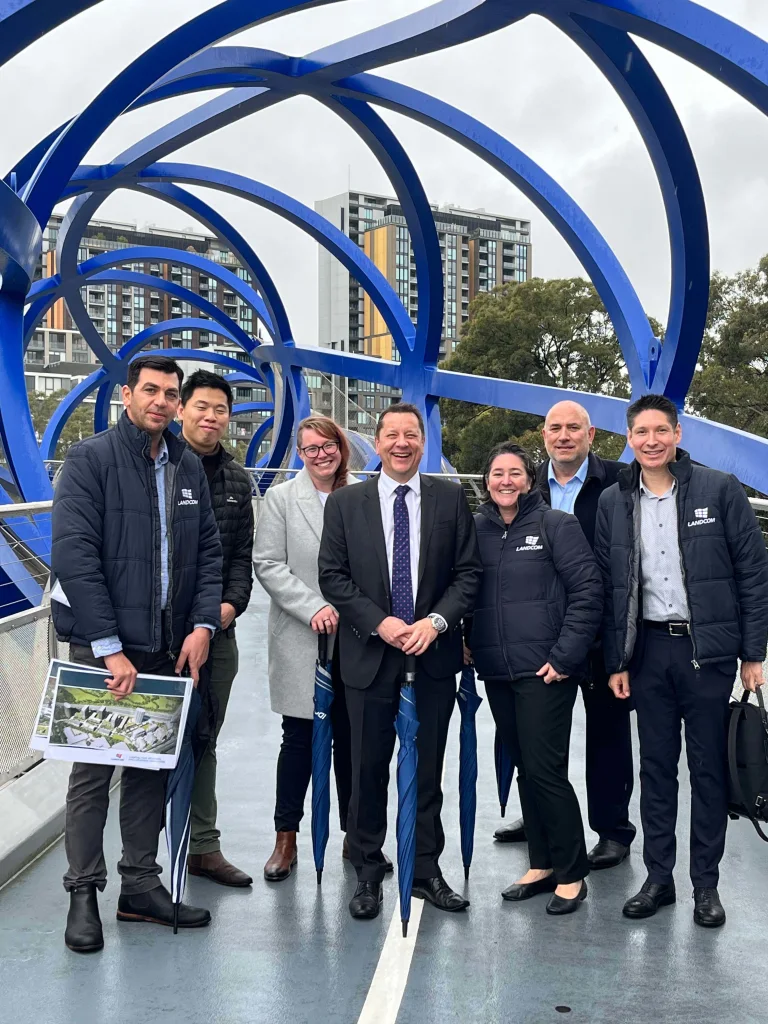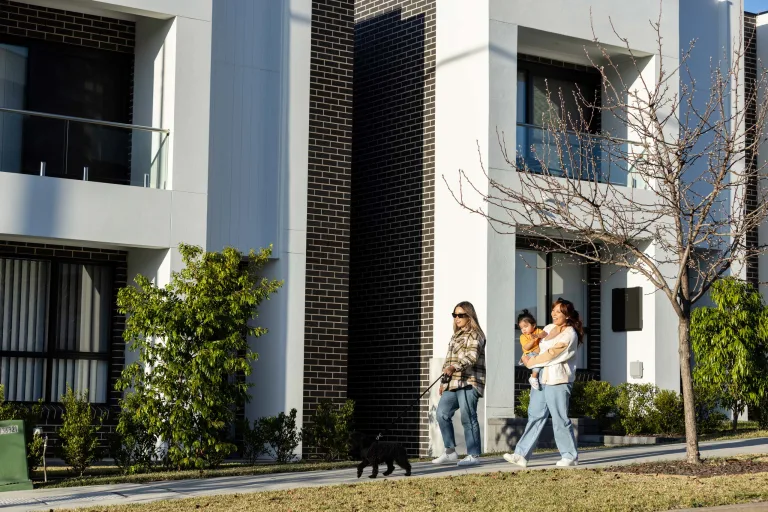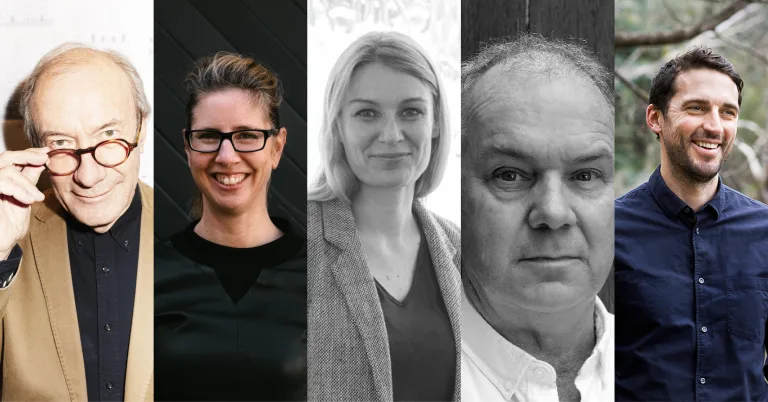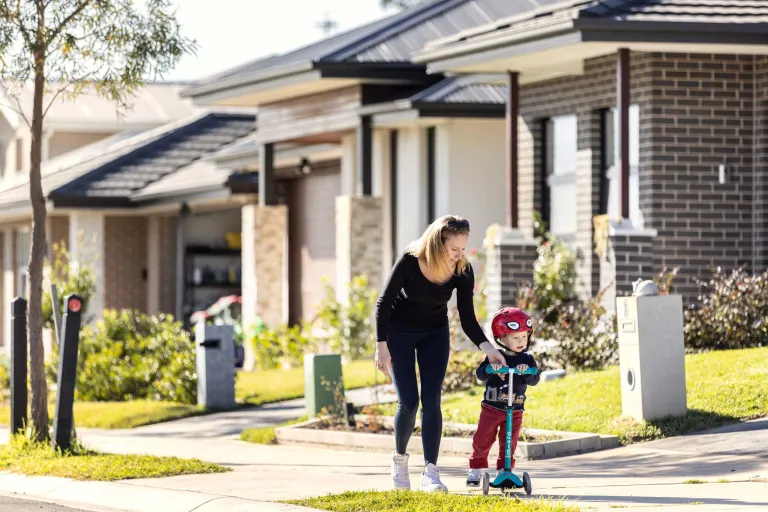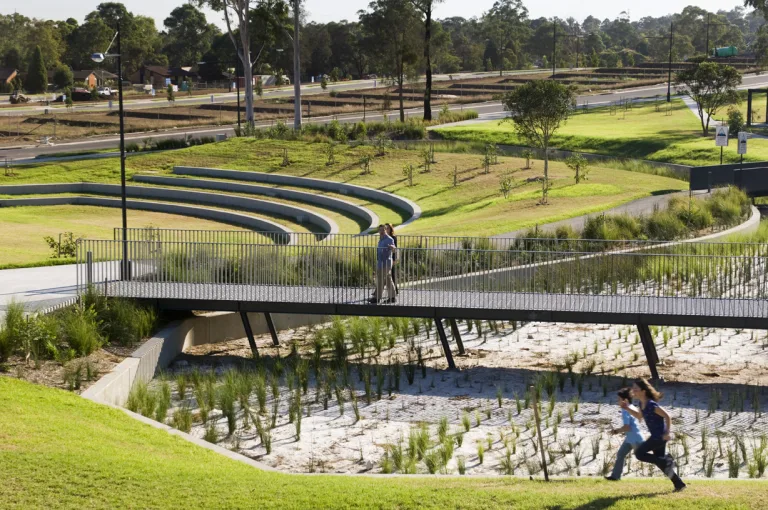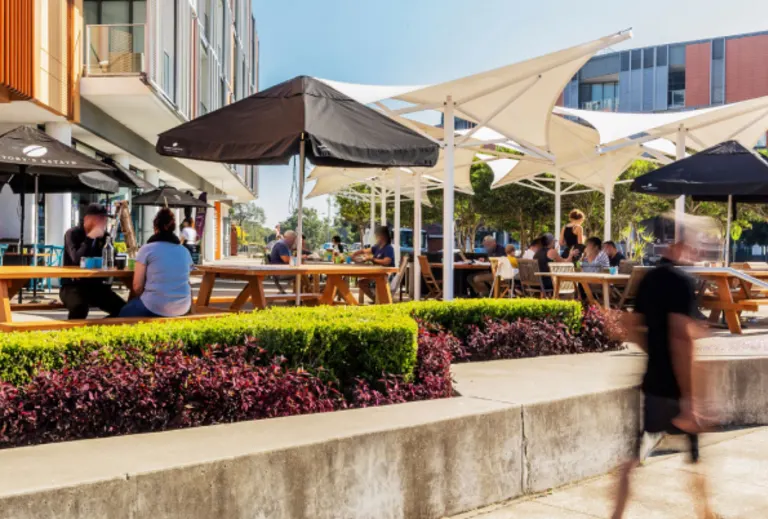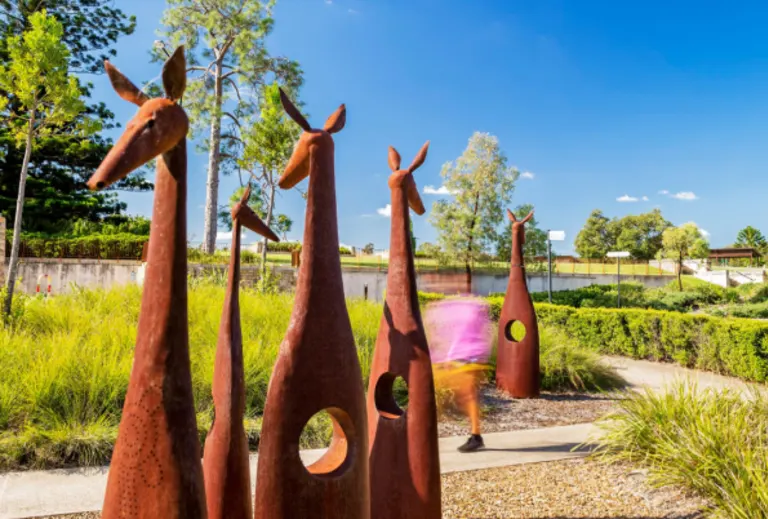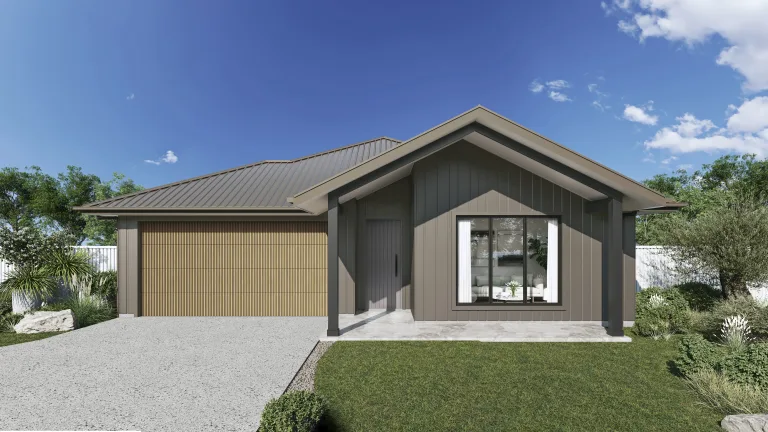
Community engagement
At Landcom, we’re committed to community consultation and engagement as a way to effectively communicate about our planned developments.
If you’re a member of the public, or a stakeholder with an interest in one of our projects, we welcome your feedback, as your perspectives and experiences can be crucial in how we shape our communities.
We respect your right to be informed and ask questions about decisions that could affect you and encourage you to engage with us through our community consultation process.
By facilitating effective engagement, we hope to:
- understand your feelings, needs and interests
- communicate about project opportunities, risks and constraints
- utilise local and specialist knowledge, information and ideas to shape projects
- develop trust that leads to strong relationships in the community
- be transparent about expectations and project outcomes.

Engagement principles
Our approach to engaging stakeholders is widely accepted and promoted by engagement advocates in Australia and around the world. Our approach reflects on the following principles:
We aim to be:
Inclusive
Engaging stakeholders with different needs and interests
Collaborative
Working with stakeholders with an interest in delivering positive project outcomes
Purposeful
Planning and resourcing engagement to support project delivery
Proactive
Engaging stakeholders early and throughout project planning and delivery and making it easy for them to participate
Accountable
Being clear about the purpose of engagement, level of influence and how the influence has shaped recommendations and decisions
FAQs
Why is engagement so important at Landcom?
Due to the large scale, long life and complexity of our projects, we understand the importance of including a broad range of people, groups and organisations in our processes.
For community, business, industry and professional stakeholders, meaningful engagement is an essential part of good government processes. People have a right to be informed, at a minimum, about decisions that may affect them, and their participation can improve project decisions and outcomes.
For Landcom, proper engagement is also essential to us achieving and maintaining a social licence – the ‘permission’ granted to us by society to do what we’ve been tasked by government to do.
Which stakeholders does Landcom engage with?
Engagement is core to what we do. To plan and successfully deliver our projects we work with an array of stakeholders. Typical stakeholders include people in the following groups.
Government:
- Premier and the Department of Premier and Cabinet
- Landcom portfolio and shareholder Ministers and their staff
- Other Ministers and their staff
- State government partners
- Local government partners – officers and elected members
- Other state agencies, corporations and utilities
- Other local government officers and elected members
- Regional Organisations of Councils
- Members of Parliament
- Federal agencies
- Interstate government land agencies.
Community and business:
- Residents, visitors and workers in and around project areas
- Community members from broader Sydney and regional NSW
- Community groups and special interest groups
- Resident actions groups
- Advocacy groups
- Young people
- People with a disability
- Aboriginal and Torres Strait Islander people
- Culturally and linguistically diverse people
- Environment groups
- Sporting groups and clubs
- Business chambers and other groups
- General public and businesses
- Media organisations – metro, local and community language.
Industry and Professionals:
- Industry associations
- Professional associations
- Tertiary education institutions including universities and tafes, and their students.
Internal:
- Landcom board
- Executive management team
- Operational committees
- Corporate and project staff.
Our commitment
Our Engagement Charter outlines our commitment to stakeholder engagement and to continued learning and improvement in our engagement practice, to help realise our ambition to improve the supply, diversity and affordability of new housing in Sydney and NSW by partnering with others and showing leadership.
Our Community Participation Plan describes how and when we will engage communities in relevant planning processes for our projects that are assessed under Division 5.1 of Part 5 of the Environmental Planning and Assessment Act. This may involve a range of development activities such as the delivery of infrastructure like footpaths, cycle paths or some roads. It may also involve activities such as grass cutting, place-making or delivery of temporary community facilities.
When things go from good to bad
Stakeholders can become upset by proposed development and have concerns about the way development is planned and delivered. Engagement helps ensure stakeholders know about our projects and enables us to understand stakeholder needs and concerns and shape project plans with this understanding.
We always welcome feedback on how we engage and how we report and respond to feedback we get from our stakeholders.
While we seek to engage with all stakeholders, including those who may be feeling upset or angry, this is never at the risk of the health, safety and wellbeing of Landcom staff. Occasionally our efforts to engage with individual stakeholders become unconstructive.
